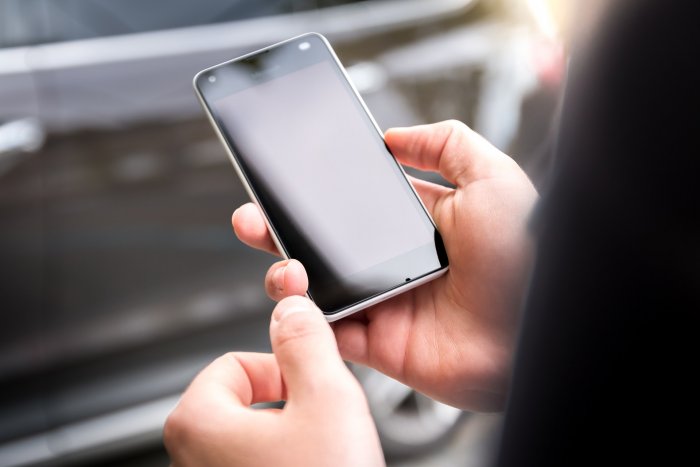One in five women in Hungary use mobile for over 4 hours a day

Hungarians, it seems, show symptoms of mobile phone addiction, with 80% of them even using their handsets in bed. Geography makes a difference, though: in Heves County, for example, three-quarters of adults don’t even own a cell phone, according to a recent survey by consumer electronics retail chain Euronics.
Every second Hungarian adult has a smart phone with a mobile internet connection, while 20% possess one without online access, and the ratio of those with a conventional (non-smart) mobile handset is 30%, according to the survey by Euronics. Believe it or not, there are still humans out there with no mobile at all: they make up 13% of the local adult population, according to the survey.
Patterns differ depending on geographic location and gender. The most time is spent on mobiles in Borsod-Abaúj-Zemplén and Tolna counties, with the other extreme represented by Bács-Kiskun County, where average daily use is less than one hour.
As far as gender is concerned, women are more likely to talk, chat, listen to music or browse while on the go than the average. While 15% of respondents claimed to be busy with their mobile for more than four hours a day, this ratio was 20% among females.
Addiction takes other forms, too. Every third person goes so far as to take their cell phone with them to the bathroom, every second person will use it while eating and working, and 15% can’t stop even if they are behind the wheel. Four-fifths of respondents admit they are glued to their mobile in bed before falling asleep or immediately after waking up.
Price rules when it comes to the decision to buy a cell phone, with two-thirds of respondents describing it as the primary criterion. This is followed by brand and operating system in terms of importance. By contrast, camera lens quality interests only one in five people, and design is an issue for a mere 10% of consumers.
The survey was designed to find out what cell phones are actually used for. In spite of the widespread use of smart phones, talking still prevails among activities. Taking photos and shooting videos are also popular and video calls are on the rise too, with 15% of respondents claiming to use them. Navigation remains a manly thing for now, as 50% of men use their mobiles for this purpose.
The overall necessity of mobiles is somewhat disputed, however: 30% of respondents said they believe they could do without a mobile. However, 60% of women and 50% of men, respectively, said they cannot imagine life in a mobile-free world.
SUPPORT THE BUDAPEST BUSINESS JOURNAL
Producing journalism that is worthy of the name is a costly business. For 27 years, the publishers, editors and reporters of the Budapest Business Journal have striven to bring you business news that works, information that you can trust, that is factual, accurate and presented without fear or favor.
Newspaper organizations across the globe have struggled to find a business model that allows them to continue to excel, without compromising their ability to perform. Most recently, some have experimented with the idea of involving their most important stakeholders, their readers.
We would like to offer that same opportunity to our readers. We would like to invite you to help us deliver the quality business journalism you require. Hit our Support the BBJ button and you can choose the how much and how often you send us your contributions.







